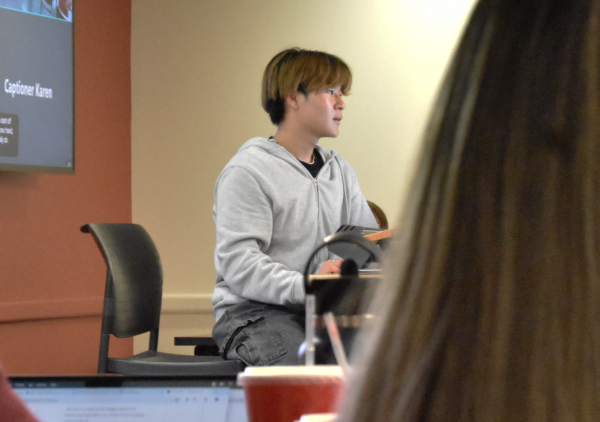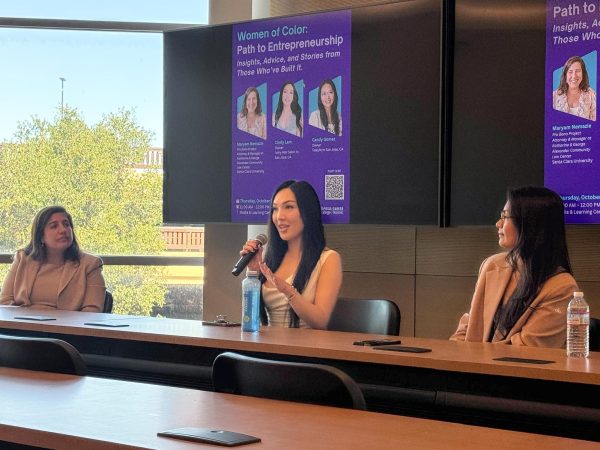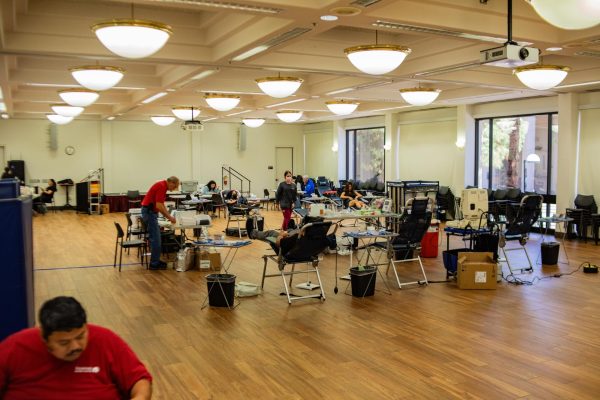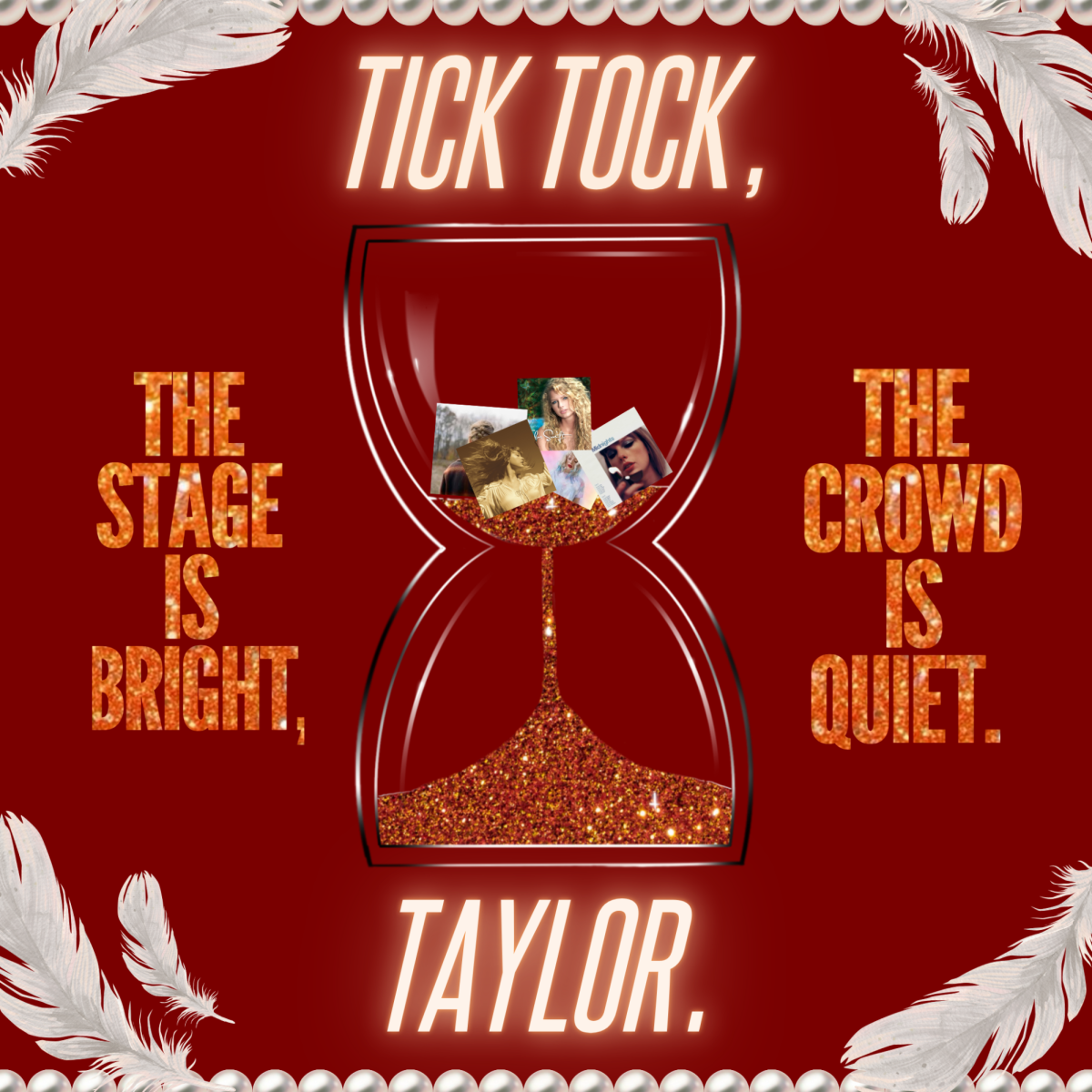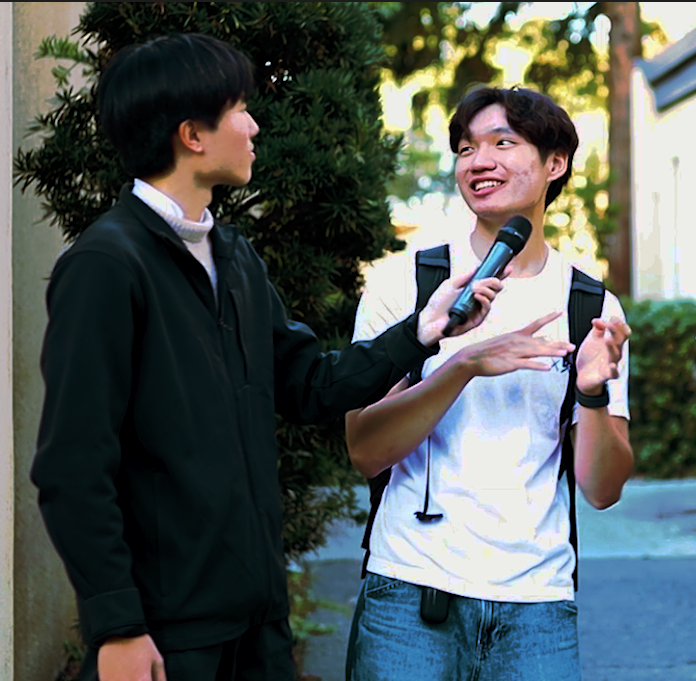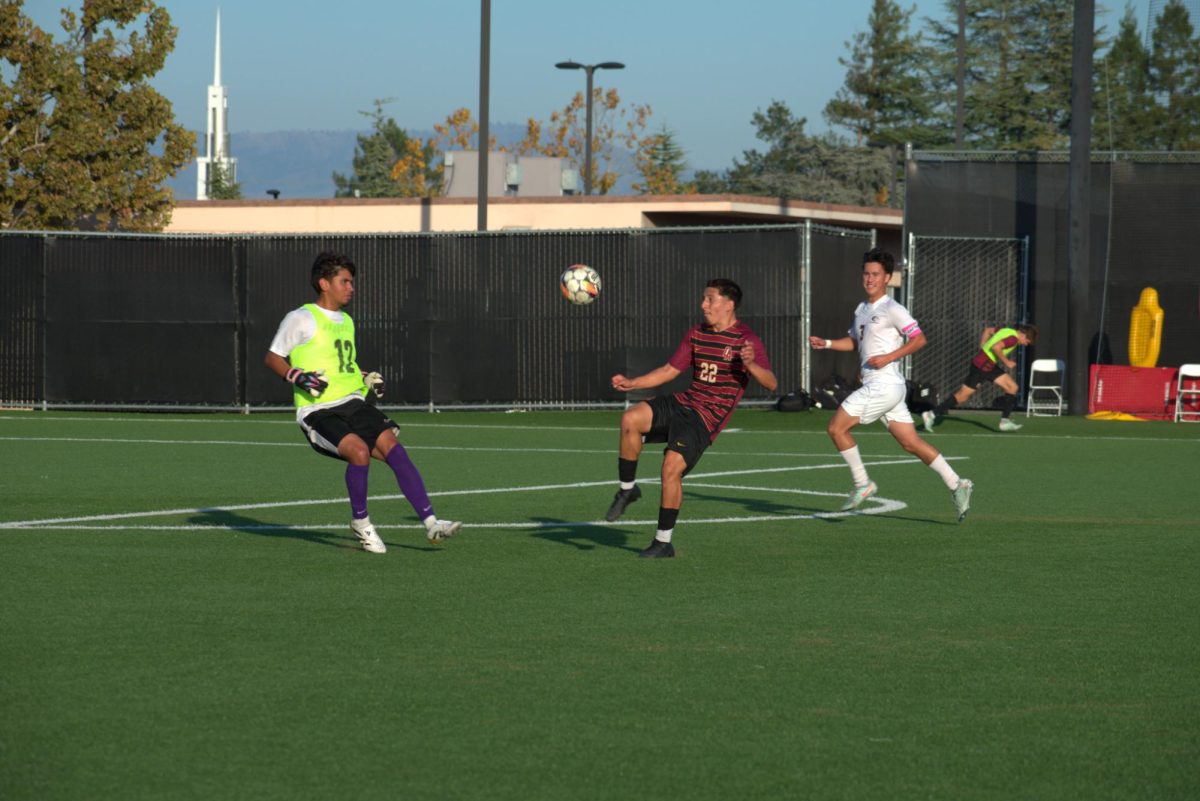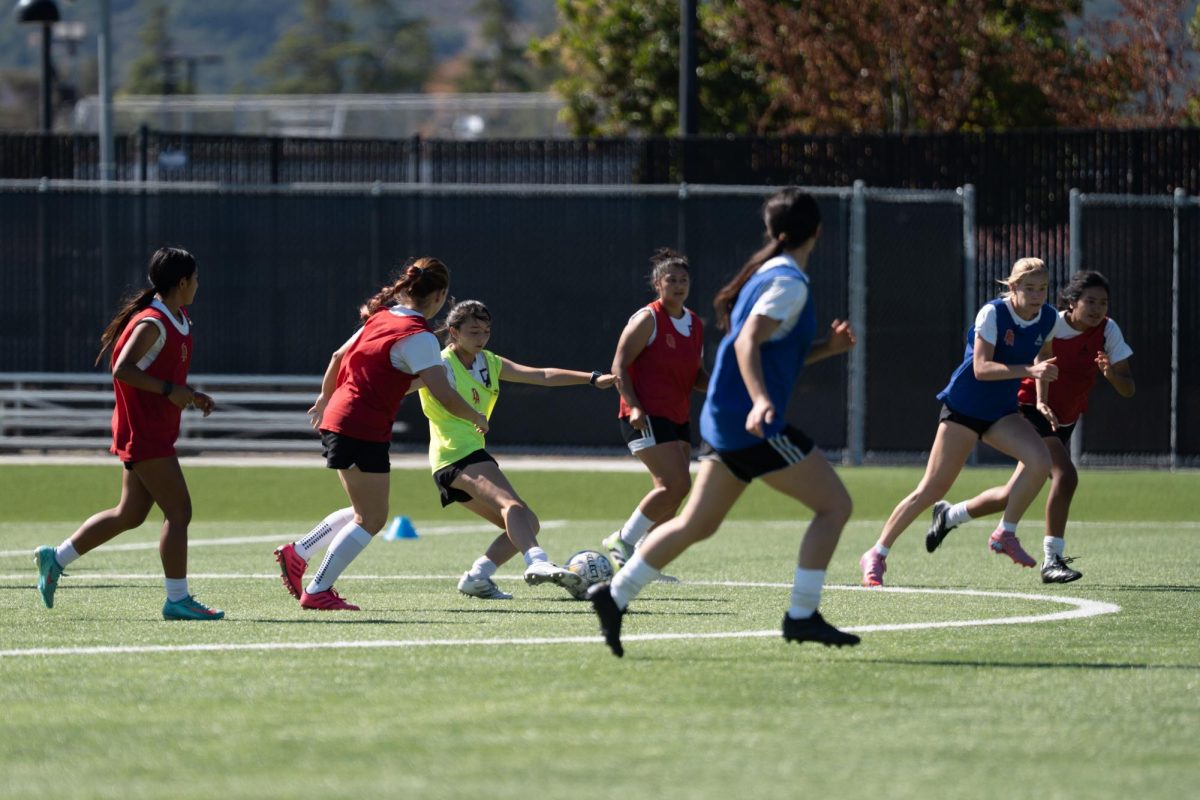Training provides tools to identify mental health issues
March 23, 2019
The Jean Miller Resource Room launched the Mental Health First Aid Training, a two-part series on understanding and responding to signs of mental illness on, March 8.
Just as CPR training helps a person assist an individual following a heart attack, this course gives people the tools to identify when a young person is struggling with mental health or substance abuse problems and to connect them with the appropriate resources or professional help.
“People really don’t know about diagnostic criteria and the symptoms,” Hongru Yang, 18, sociology major said.
“And someone will just say that you must be tough, and just to endure like that. But that is not a good way to tackle these problems. Because if you do not recognize that there is a problem, you will never get to solve it.”
M.E. Reyes, 24, social sciences major said, “From this training, it’s important to be non-judgmental and to listen.”
Through role plays, scenarios and activities such as simulated auditory hallucinations, the training makes it easier for learners to apply their skills in real-life situations.
“That sense of longing, I think was the hardest part for me in that experience of really wanting to connect with someone and feeling like there was a barrier to be able to fully connected,” said Chesa Caparas, faculty coordinator. “Because I was experiencing something that I knew they weren’t experiencing.”
“There was a lot of support, a lot of people seem very knowledgeable,” said Anthony Montalvo, program coordinator of LGBTQ Wellness.
“It’s really heartening to see folks understand a little bit of the stigma that’s attached to mental illness and know some of the obstacles there are to trying to educate folks.”
Montalvo said he hoped the community would be so supporting that they would not need a peer support worker.
Kris Bifulco, peer support coordinator of LGBTQ Wellness, said, “I also just want to say that giving people resources, whether or not they use them right away, is huge. It might not feel like much to put up a poster, to give somebody a flyer or a card but it can really actually save lives.”
“What they’re doing is to break that isolation or loneliness so that people who are experiencing mental crisis would feel supportive because of you.”










